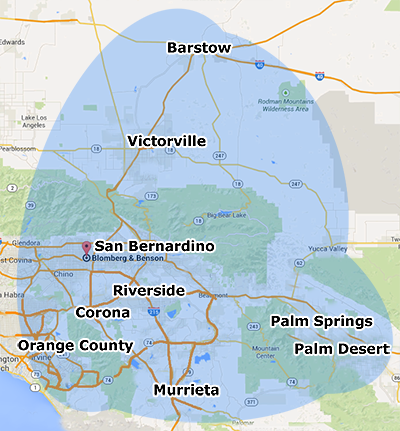Home >> Legal News >> Cell Phone Searches
Cell Phone Searches
In the case of Riley vs. California decided by the United States Supreme Court on June 25, 2014, the Court concluded that generally officers must obtain a search warrant before conducting a search of a cell phone obtained from an individual being arrested. The Court, in Riley, dealt with two consolidated cases. Specifically in the Riley portion of the case, Riley was stopped for a traffic violation which eventually led to his arrest on weapons' charges. An officer searched Riley incident to the arrest and seized a cell phone from Riley's pant pocket. The officer accessed the information on the phone, noticing repeated use of terms associated with a street gang. Two hours later, at the station, a detective specializing in gangs further examined the phone's digital contents. Based in part on photographs and videos the detective found, Riley was charged in connection with a shooting that occurred a few weeks earlier and an enhanced sentence was instilled based on Riley's gang membership.
In the consolidated case involving defendant Wurie, arising from activities in Massachusetts, the officer seized a cell phone from Wurie's person at the time of his arrest for participating in an apparent drug sale. The officer, after acquiring the phone, observed calls from a source identified as "my house" on its external screen. The officer opened the phone, accessed its call log, and determined the number associated with “my house.” Officers traced this number to Wurie's apartment and then obtained a search warrant for the apartment, later finding drugs, a firearm and ammunition, and cash. Wurie moved to suppress this evidence from the search of the apartment, asserting that obtaining the address and phone number by searching the cell phone without a warrant was improper.
These two related cases dealt with both a smart phone as was possessed by Riley, and a simple cell phone as was used by Wurie. The Court, after analyzing the significant case law involved, concluded that the search of the cell phone did not fall within the normal exceptions to obtaining a warrant when property is searched incident to arrest. These general exceptions are that a search is proper for the safety of the officers and to avoid destruction of evidence. The Court, in its analysis, concluded that the cell phones did not constitute a threat to the officers' safety. With regard to destruction of evidence, the Court concluded that the officers could maintain the cell phone in such a position that the cell phone would not be wiped clean; nor was there any risk of destruction of evidence by requiring the officers to delay searching the cell phone until a warrant was obtained.
Of interest in the Court's opinion is the analysis the Justices went through regarding the extent of data and information available and being carried on things such as a smart phone. The Court concluded that the breadth of information (including pictures, calendars, address books, etc.) clearly gave rise to an expectation of privacy which should not be violated without the officers first obtaining a warrant to conduct the search. As such, the Court held, generally speaking, that a search of a cell phone would require the officers to obtain a warrant prior to searching the contents of a cell phone.


